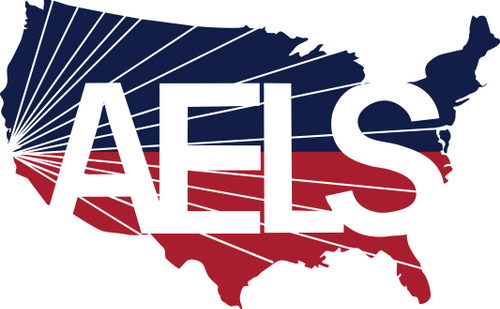
Series: F-1 Visa Application Process (Part II)


Optimus Language School in Orange County, Calfornia understands that the application process for an F-1 student visa can be a long and difficult one. It is our goal with our first blog series to help cut through some of the confusion for all of our students from out of the country that are eager to come learn English in Orange County, California. In our previous blog in the F-1 Visa Application Process series, we discussed the first two major steps (applying for the visa, and scheduling an interview). In part II, we will discuss some of the documents to gather before the interview.
Pre-interview Fees
In most cases, students are required to pay a non-refundable F-1 visa application fee before the interview process. Likewise, depending on nationality, a visa issuance fee may need to be paid. To determine whether or not the U.S. requires students from your specific country to pay a visa issuance fee, please consult the official U.S. visa government website. (https://ceac.state.gov/genniv)
Passport
First and foremost, student’s passports must be valid for travel to the United States. While some countries may have specific agreements excluding them from the rule, in most cases, the passport must also be valid for six months beyond the planned period for the student to be in the U.S.
Application fee payment receipt
When required to pay the application fee before the interview process, it is required that you bring the receipt provided to you after payment has been processed to the interview.
DS-160 confirmation page
Upon completion of the online DS-160 form, the student will be issued an official confirmation page to verify completion of the DS-160 form. This must be printed to submit physically during the interview.
Photo
As mentioned in the last part of the blog series, one part of filling out the online DS-160 form includes providing a digital photo of yourself. In some cases, this photo will not be accepted digitally, and the student is then required to bring a physical photo to submit at the interview. The requirements of this photo are very similar to the requirements of a passport photo. For a full list of requirements, please consult the U.S. visa government website.
I-20 form & SEVIS I-901 Fee
Once your school (Optimus Language School) has gone through the process of entering you into the SEVIS database, they will personally send you your I-20 form to provide during the interview. Before the interview, this form must be signed by both you and your school official. If you as a student wish for your spouse and minor children to travel with you to the U.S., each individual must be entered into SEVIS in order to obtain their own I-20 form.
You must have a complete and accurate Form I-20 to pay the SEVIS I901 fee. If you do not have an I-20, you can't pay the SEVIS fee. You don't have to pay for a dependent child or spouse who is on an F-2 visa. There is no SEVIS I901 fee due for a dependent child or spouse.
Additional Documents
In addition to the above documents, there may still be other materials that you will be expected to provide. These additional documents vary based on the specific embassy or consulate where you apply. A list of these more specific documents can be located on that specific embassy or consulate’s website. These documents will generally be used to provide proof of some key questions that will need to be answered during the interview. For example:
· Are you prepared academically?: By providing documents such as transcripts, certificates, diplomas, and/or degrees that you have earned throughout your educational career, you can prove that you are prepared for the education you wish to receive while in the U.S. Scores from standardized tests are also valid ways to prove you are capable of studying at your desired level.
· When will you be leaving?: It is expected as a condition of receiving an F-1 student visa that, after you have completed your studies here in the U.S., you will then return to your country of origin. Providing any possible physical documentation to prove that you intend to return to your country is a smart idea to help with an approval after the interview process.
· How will you be paying?: Receiving an education in the United States as a traveler from a foreign country is significantly more expensive compared to the cost of an education from other countries. For this reason, it is in the embassy/consulate’s best interest to inquire as to how you intend to pay for your education before they approve you. On top of the cost of the actual classes, it may also be expected of you to provide proof that you can afford travel, living, and other various expenses while here as well.
After paying the initial fees and gathering these documents, you will be prepared for your interview. In part III, we will speak more about the interview itself, as well as the process of entering the country after gaining approval from your interview.
Tagged:
Published on August 15, 2016
A leading English language school accredited by the CEA (Commission on English Language Accreditation) and approved by SEVP (Student and Exchange Visitor Program) located in Los Angeles, California. Learn English in LA with our ESL classes, TOEFL preparation, and English speaking classes. Are you serious about improving your English? Join a class today!